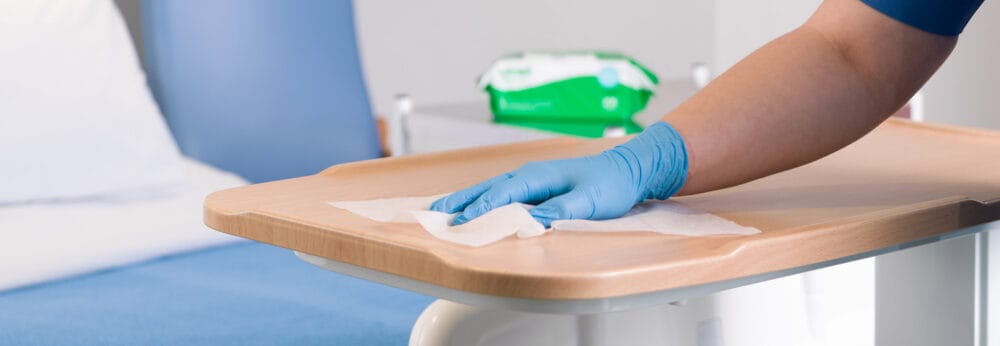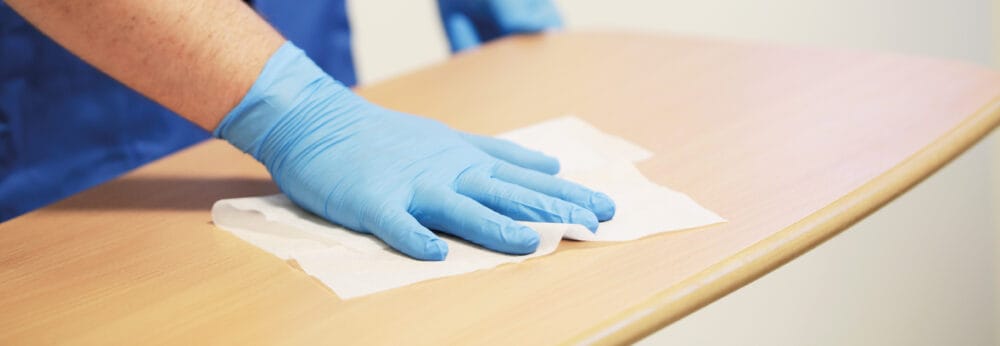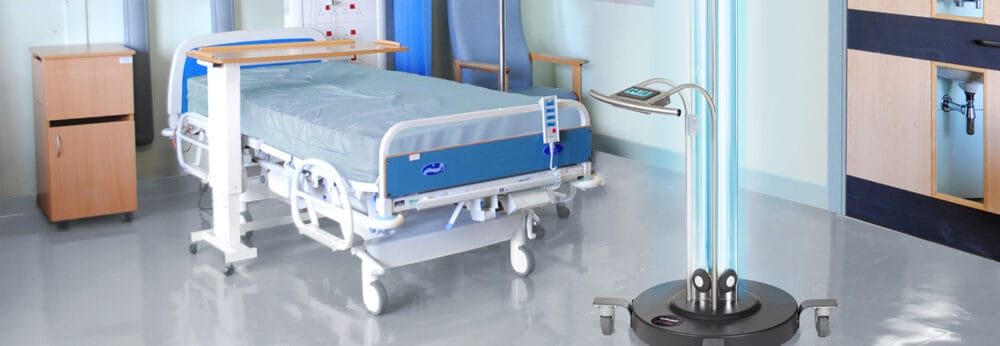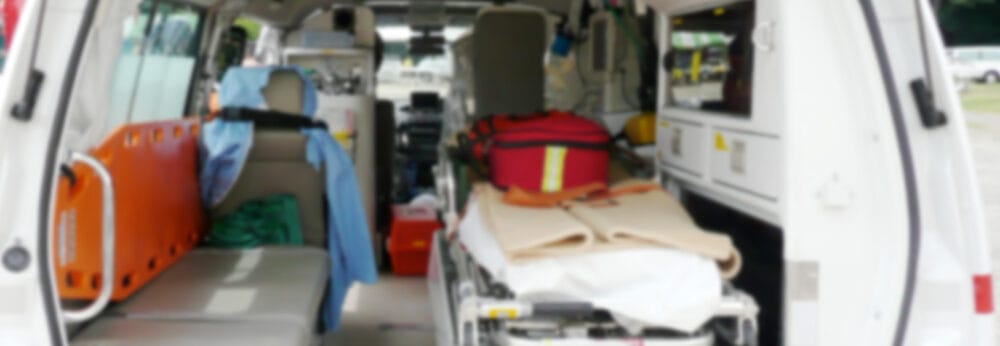Posts Tagged ‘MRSA’
Wiping out MRSA using Clinell “green” wipes
We discuss how introducing one-step Clinell Universal Wipes at University Hospital Birmingham was associated with a significant 55% reduction in the rate of MRSA acquisition. Clinell Universal led to a 55% reduction in the rate of MRSA acquisition A study published by scientists from University Hospital Birmingham evaluated the impact of introducing the one-step Clinell Universal Wipes (which both clean…
Read MoreNew guidelines published for the management of MRSA
This week’s article is a summary of the latest guidelines published for the management of MRSA. It includes a study where the introduction of Clinell Universal Wipes resulted in a 55% reduction in the rate of MRSA acquisition. Read on to find out more. New guidelines have been published regarding the management of methicillin-resistant Staphylococcus aureus (MRSA). The…
Read MoreLet’s not forget MRSA and the risk from contaminated surfaces
There’s been understandably a huge amount of discussion about the possible role of contaminated surfaces in the transmission of the SARS-CoV-2 virus that causes COVID-19. But let’s not forget the important and established role that contaminated surfaces play in the transmission of other important pathogens. There’s strong evidence that MRSA transmission dynamics can include contaminated…
Read MoreUV room disinfection system face-off
An important new US study has performed an epic head-to-head evaluation of 8 different UV-based room disinfection systems. Whilst there were some differences between the UVC-based systems, there was a stark difference between the efficacy of the 7 UVC systems and the one pulsed-xenon UV (PX-UV) system, with the PX-UV proving considerably less effective. UV systems are…
Read MoreThe risk of keyboard contamination
Computer keyboards are a potential contamination risk in the hospital setting. A new systematic review of the literature concludes that computer keyboards are frequently contaminated and that more studies are required to understand the risk they pose and effective and practical methods to prevent and reduce contamination. Computer equipment in hospital settings, such as keyboards, mice, and…
Read MoreEmergency! Addressing contamination with antibiotic-resistant bacteria in ambulances
The last thing you need if you require the services of an emergency ambulance is exposure to antibiotic-resistant bacteria from contaminated surfaces. A recent US study suggests that this is commonplace, finding MRSA environmental contamination in every single emergency ambulance tested! These findings reinforce the need for thorough cleaning and disinfection of emergency ambulances. The study team…
Read MoreUpdates from the Healthcare Infection Society’s 2018 conference
We enjoyed the recent Healthcare Infection Society’s 2018 conference in Liverpool, and thought we’d share a few highlights. You can view all of the submitted abstracts here and the invited abstracts here. The role of the environment in the transmission of HCAI was a strong theme throughout the conference, with key speakers discussing the relative importance of contaminated…
Read MoreConsidering the risk of contamination of privacy curtains in hospitals
A Canadian study reports the findings of a prospective survey of bacterial contamination of privacy curtains in hospitals. The curtains became contaminated with antibiotic resistant bacteria within weeks of being introduced into the clinical environment. The calls into question the management of privacy curtains in the healthcare setting. Previous studies have found that privacy curtains can be contaminated…
Read MoreDry surface biofilms: it’s time for action
We blogged last week about a lab study illustrating the potential for dry surface biofilms to harbour bacteria that can then be transferred via the hands of healthcare workers. This week, a new study in the Journal of Hospital Infection illustrates dramatically the scale of the problem of dry surface biofilms in hospitals: a whopping 95% of 61 surfaces…
Read MoreFurther evidence that UV room decontamination reduces transmission in hospitals
A study published in the Lancet Infectious Diseases provides further evidence that UV room decontamination reduces transmission in hospitals. The multicentre cluster-randomised study showed that introducing UV room decontamination for selected patient rooms resulted in a hospital-wide reduction in C. difficile and VRE acquisition compared with standard methods of decontamination. This is a companion article to the BETR-D study that was…
Read More






